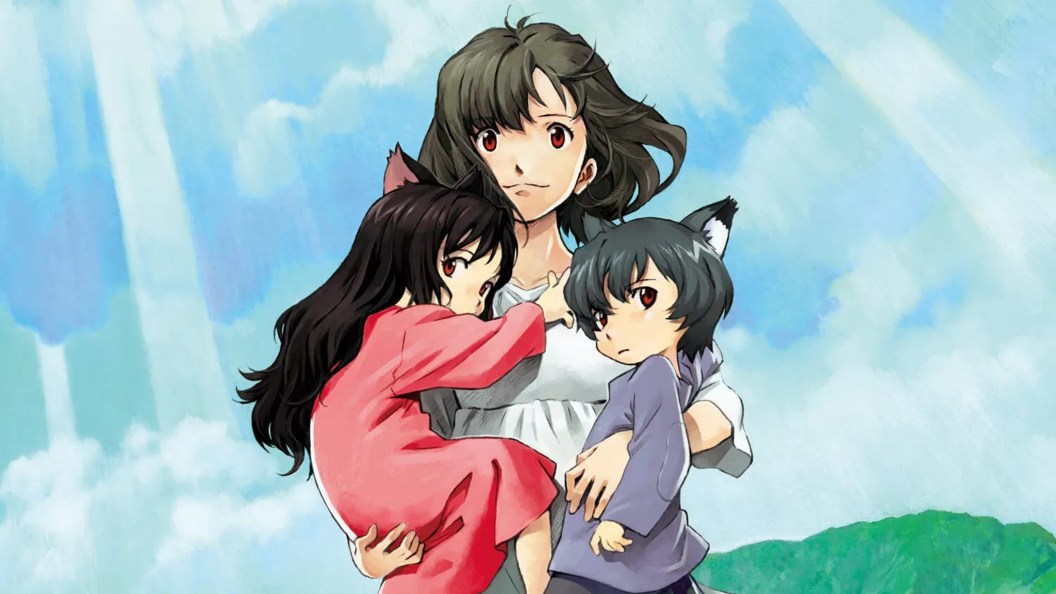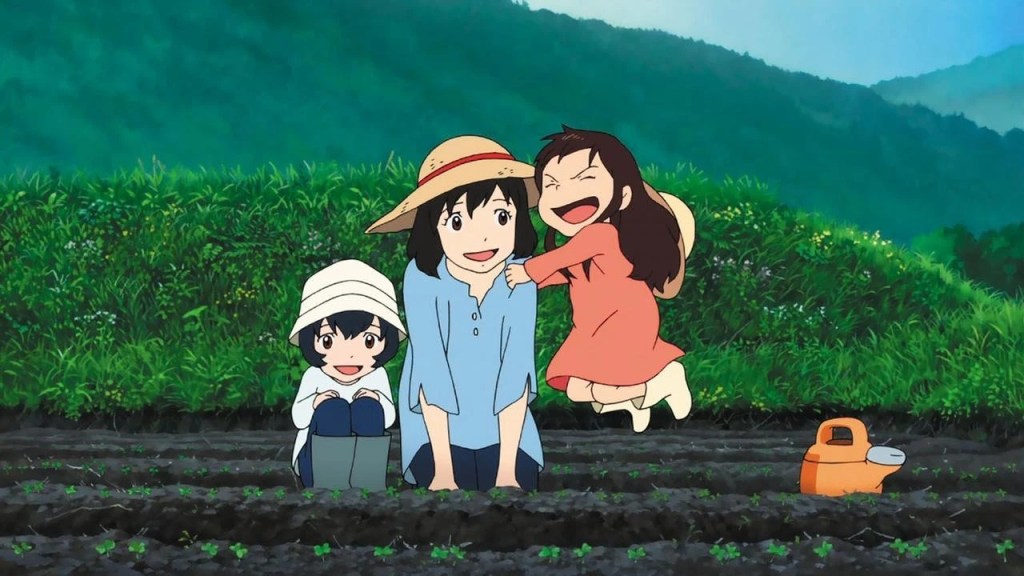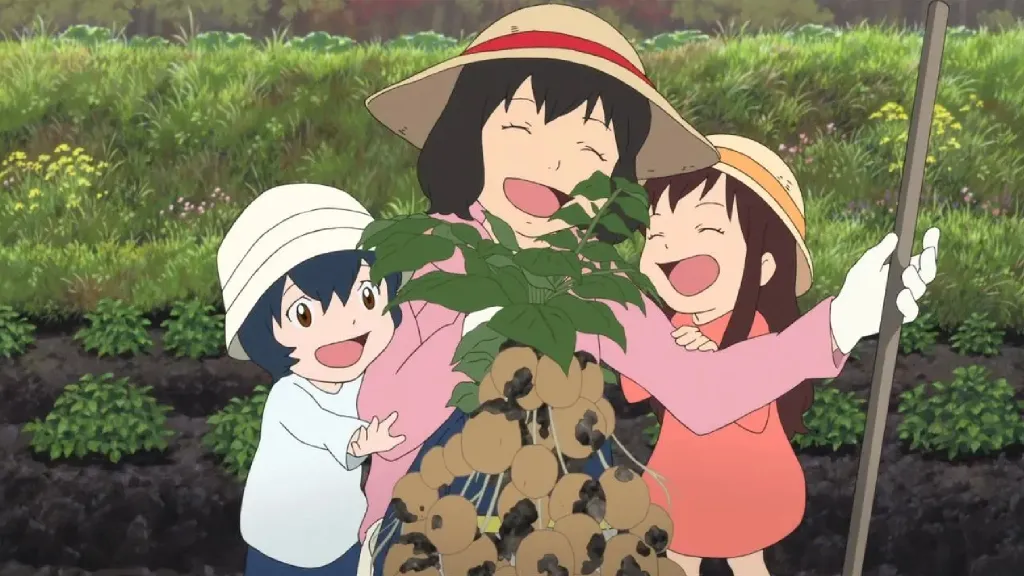
Directed and co-written by Mamoru Hosoda, Wolf Children, released in 2012, is one of the best portrayals of single motherhood beyond simply the anime medium. The film had its world premiere in Paris on June 25th, 2012, and was released theatrically on July 21st, 2012, in Japan. Wolf Children won the 2013 Japan Academy Prize for Animation of the Year, the 2012 Mainichi Film Award for Best Animation Film, and the 2013 Animation of the Year award at the Tokyo International Anime Fair. It also received worldwide recognition and won two awards at the Oslo Films from the South festival in Norway, an Audience Award at the 2013 New York International Children’s Film Festival, and the 2014 Best Anime Disc award from Home Media Magazine.
Even 13 years after the film’s release, it’s celebrated as one of the most beautiful and emotional stories of all time for the medium. At its core, the film highlighted the unwavering resolve of a mother’s love and sacrifice, which touched the hearts of many. Hosoda, previously known for Summer Wars and The Girl Who Leapt Through Time, told the simple, emotional story of a young woman who raised her two children alone after the death of her husband. Despite having supernatural elements, the film is profoundly human about the uncertainty of life and the challenges faced ahead.
What Is the Plot of Wolf Children?

The story centers around Hana, a college student who falls in love with a mysterious, yet kind man. She discovers his secret of being a werewolf one day, the last of his kind, and learns why he keeps himself away from the others. However, despite their differences, Hana and the werewolf eventually get married and live quiet and peaceful lives with their children, the oldest daughter Yuki and the youngest son Ame. However, the sudden death of the werewolf shatters Hana’s entire world, but she forces herself to remain strong for her children.
It’s already difficult enough for her to live in the city and earn enough income to support her kids. However, the most challenging part is to hide the fact that her children are half-werewolves. When she realizes their identities could be exposed under the watchful eyes, she countryside in hopes of living a life where Yuki and Ame can be free to grow on their own terms. Life in the countryside brings its own set of challenges as the woman struggles with financial instability, isolation, and the constant fear of not doing enough. As her children grow, Hana realizes both of them have to decide how to live going forward, whether as humans or wolves.
Wolf Children Is a Rare, Honest, and Heroic Portrayal of Motherhood

Wolf Children doesn’t blindly romanticize or simplify motherhood, but it paints the experience with raw authenticity. She makes sacrifices, struggles silently, faces breakdowns, but still keeps going forward without ever thinking for herself. She’s not your typical obstinate battle shonen hero, but her perseverance reflects the often unseen labor of mothers, making her one of anime’s most quietly heroic characters. Every scene of the film feels infused with respect and admiration for mothers, particularly those who do the work alone and without recognition.
The film also sends a message that a parent can do everything for children, but it’s up to the young ones to find their own paths, even when they diverge from their own dreams for them. We see the children grow from toddlers to teens, and the challenges Hana faced through each phase of their lives. There are certain scenes in the film with no dialogue as we see Hana fixing a roof, gardening, cooking, and smiling through exhaustion. Her tiredness feels almost too real, and it hits us that she never once lived a day simply for herself.
However, it’s also not difficult to see that nothing made her happier than watching Yuki and Ame grow healthy and happy. While Yuki decided to live among humans, Hana was heartbroken to learn Ame wanted to become the new protector of the forest and fully embrace the wolf side of himself. At first, she was devastated, but realizing he had found his own path, she emotionally accepted his goodbye. More than a decade has passed since its release, but the film hits us all the same, a timeless classic whose story may forever be unmatched.
The post 13 Years Ago, This Heartbreaking Anime Film About a Single Mother Broke Our Hearts appeared first on ComicBook.com.
